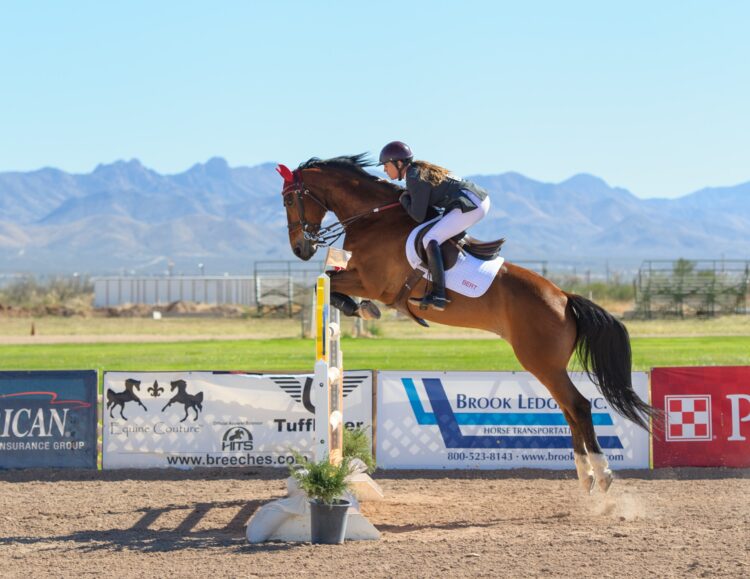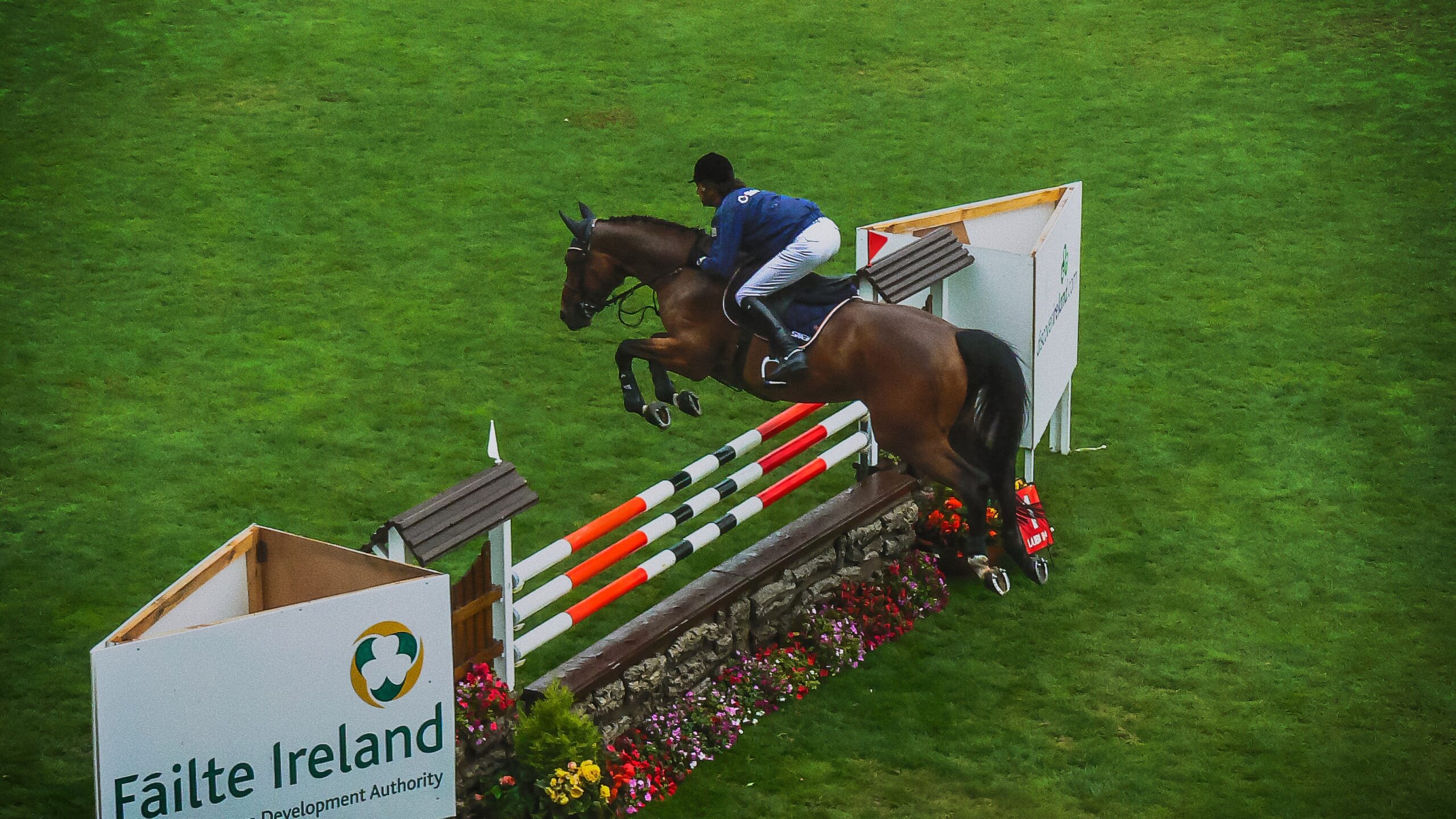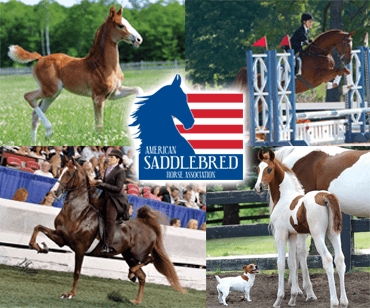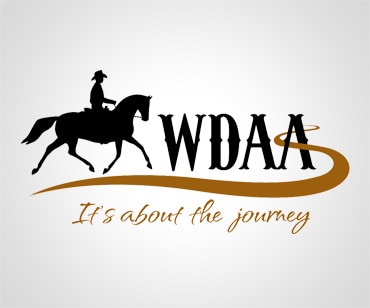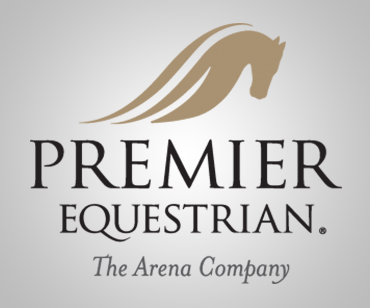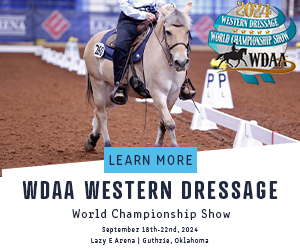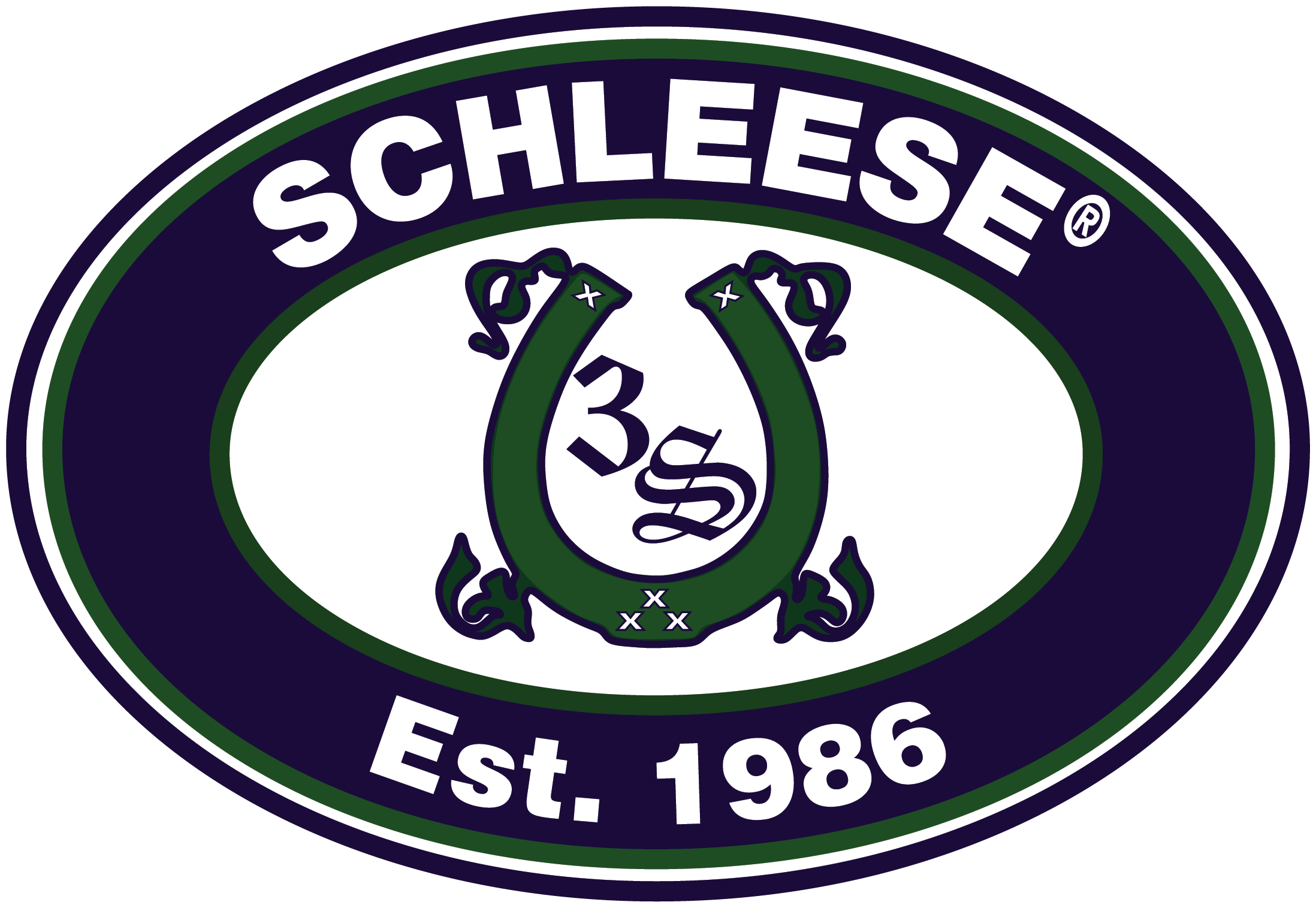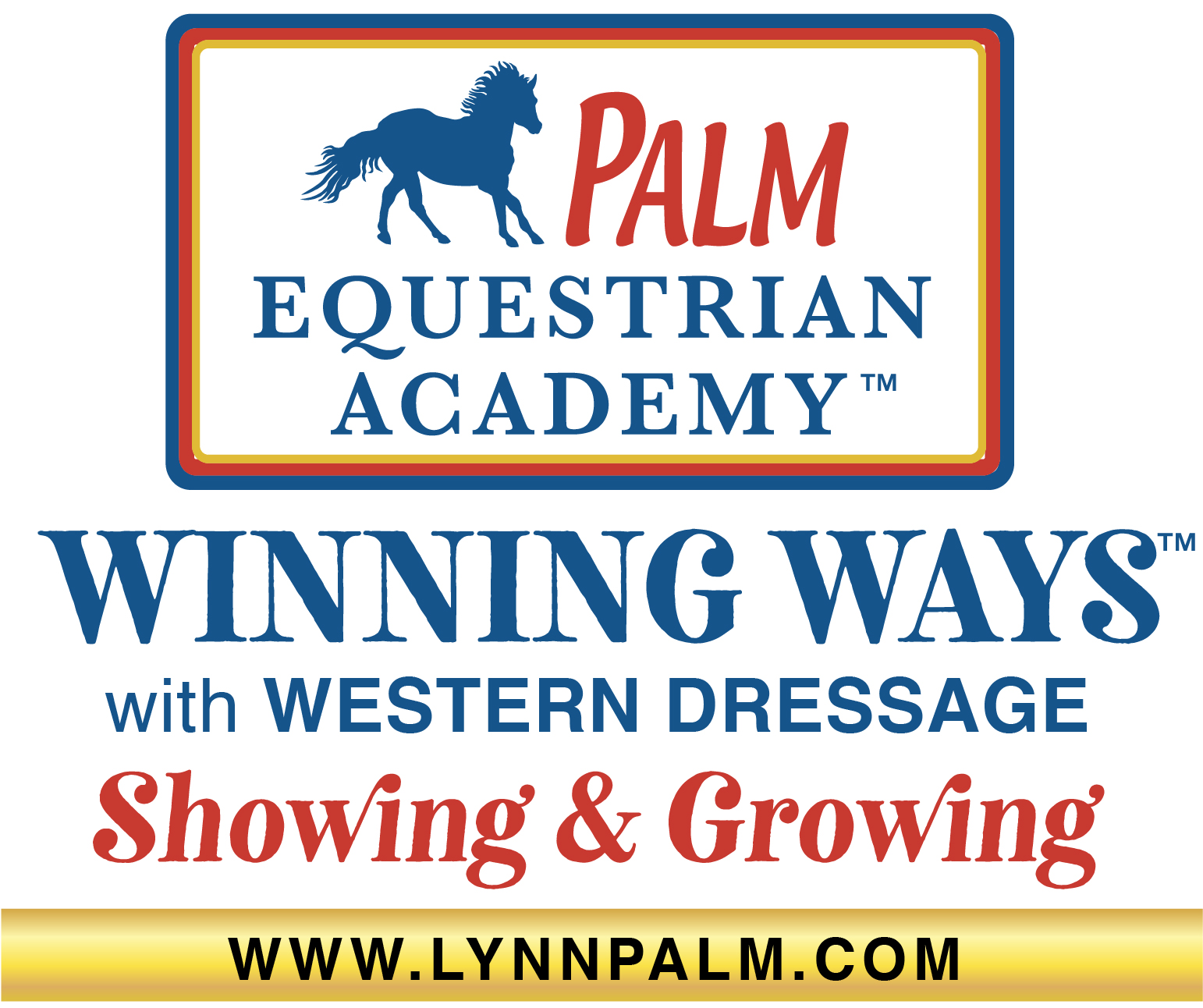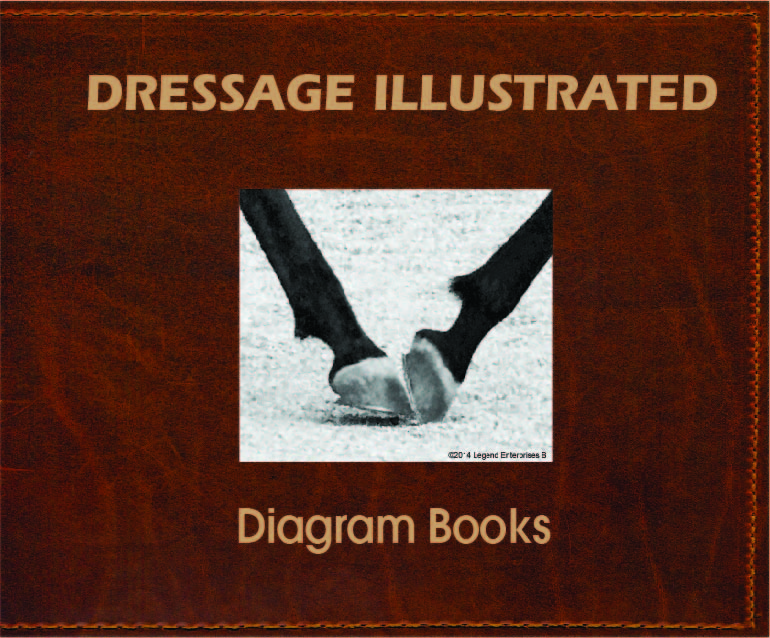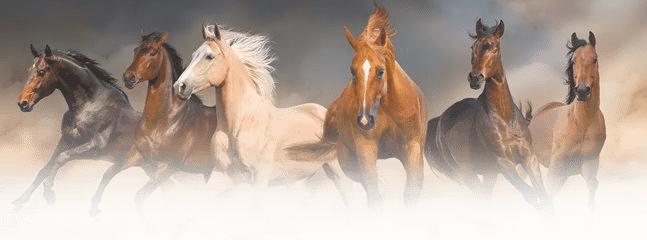Image Source
In almost any profession or hobby, terms and phrases tend to evolve over time to simplify communication. Horse racing, with its long history and a unique set of challenges for those involved, is no exception.
In fact, whether or not someone has ever watched a horse race or hopping into the saddle themselves, they’re likely familiar with a common phrase or two. A dark horse, for example, is used to describe an unexpected winner. The term has been co-opted around the world, from a Katy Perry hit single song to a comic book publisher responsible for the creation of Hellboy.
As mentioned above, this isn’t unique to horseracing. From truck radio lingo to poker hand terms, shortening concepts into small phrases is one way to make the language more functional, while also making it easier to spot a newcomer.
For example, in the world of poker, terms like cowboys and rockets are used to describe certain hands—as well as preserve history. Walking Back to Houston is one way to describe an Ace-King combo, but it also calls back to a time when Dallas and Houston players would overemphasize Ace-King hands to their detriment.
In the world of CB radio and truck driver slang, things take a cheekier turn. For example, a ‘Bear’ is a police officer, while a rookie is a ‘Baby Bear’. A Bear Trap denotes an upcoming RADAR trap, while a Bear Cave describes a police station, and a Polar Bear hints there’s an unmarked, white car ahead.
While many people are aware of the phrase ‘dark horse’, not all of horse racing’s unique terms are so ubiquitous. Keep reading for some of the most popular phrases, as well as other unique nicknames that even diehard equestrians might not know.
The Most Popular Phrases
Even newcomers to the world of horseracing likely know these popular terms used to describe a horse race.
- Dead-heat: Often used outside of racing to describe a close result, a dead-heat in a horse race means the judge is unable to declare a clear winner. As a result, two horses are awarded the same finishing position.
- Photo Finish: Similar to the dead-heat, a photo finish is a very close race result. A judge may consult a photo in order to declare a winner or call a dead-heat.
- GoingStick: Though there are many ways to gauge a racetracks from the day of a big competition, the ‘goingstick’ is the official way to check how the terrain feels underfoot.
A More Technical List
Though not everyone heading to the racetracks will understand what these terms mean, they’ve at least heard them used a handful of times.
- Banker: With so much attention from bettors and oddsmakers, a dark horse isn’t the only betting term. A banker refers to a horse that’s a sure bet.
- Hacked up: Though this might not sound positive, a horse that hacked up the competition won by a solid lead.
- Breeze-up: A type of sale in which yearling horses are broken in and ridden to be shown (or ‘breezed’) around a racetrack to entice future buyers.
Experts Only
Ready to talk jargon with the old guard at the racetrack? Make sure you review these terms before you try to fit in.
- Nap: This phrase is used to describe the most solid bet on offer for the day. The phrase ‘nap’ comes from the French card game Napoleon.
- Yard and silks: A yard refers to a trainer and their horses (which are typically called a stable), while silks are a term used to describe the color and uniform of a specific yard.
- Nursery: Similar to a breeze-up, a nursery is a special handicapped race for two-year-old horses. For many, it’s their first ‘official’ race.
- Tic-tac men: Though rarely seen at the racetracks today, tic-tac men were once a fixture at races. They were employed by bookmakers to update odds as the race unfolded. They relied on hand movements to communicate with bookmakers while following the action on the ground.


